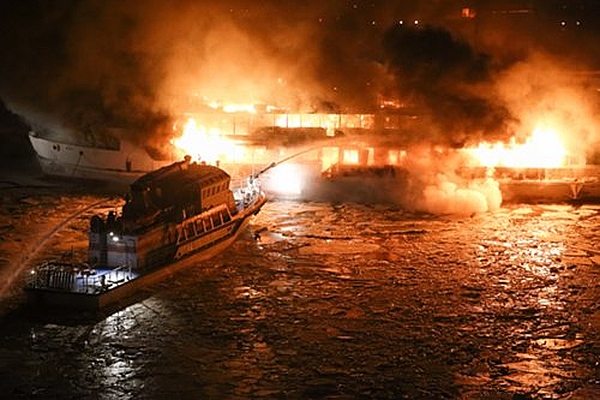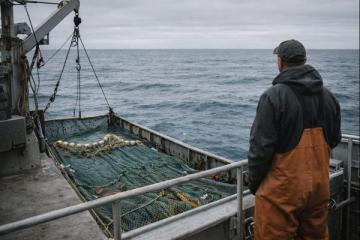
In its continued campaign to reduce the risk and consequences of container ship fires, TT Club turns its focus to the plight of fire damaged ships and their often prolonged search for a place of refuge.
A detailed review of some of the more serious container ship fires of recent years highlights concerning features of the aftermath in terms of safety to crew, the stricken ship and its cargo, and the maritime and coastal environment.
Speaking at the Middle East Transport and Logistics Summit recently, TT Club’s Abdul Fahl pointed to the substantial delays in finding damaged ships a place of refuge (usually an existing port), illustrated by the examples of ‘MSC Flaminia’, ‘Maersk Honam’ and ‘Yantian Express’. These heavily damaged, fire-stricken ships took at worst almost three months to be granted refuge and a further period approaching six months elapsed before their cargo could be safely and securely discharged.
Fahl explained, “A place of refuge – typically a port – is where a ship in need of assistance can take shelter to enable it to stabilise its condition and reduce the hazards to navigation and protect human life and the environment.” He goes on, “There are no international conventions or mandatory regulations directly compelling a State to provide refuge. IMO resolutions promote preparedness and the need for coastal States to take responsibility to avoid compounding issues faced by ships in distress. Equally, EU member States are required to draw up and implement plans to take ships in distress requesting refuge under their authority. However, the relevant Directive stops short of imposing a legal obligation on the coastal States to provide such refuge.”
The International Maritime Organization (IMO) guidelines state ‘when a request for an access to a place of refuge is made, there is no obligation for the coastal State to grant it, but the coastal State should weight all the factors and risks in a balanced manner and give shelter whenever reasonably possible.”
Despite such ‘requirements’ and ‘guidelines’, the fire-crippled ‘MSC Flaminia’, on which three crew members died, was denied access to a number of ports in Europe for eleven weeks before berthing in Wilhelmshaven, Germany. Even then, a further twenty plus weeks elapsed before her remaining containers were discharged in Romania. The ‘Maersk Honam’ was even more seriously damaged in the Arabian Sea, with five crew losing their lives. The severely destabilised ship was eventually allowed into Jebel Ali, Dubai some eleven weeks later.
Such delays endanger crews and salvors, increase the risk of further fire and damage, augment the possibility of maritime pollution and environmental damage of the coasts, and enlarge the losses of unaffected containers and cargo due their extended transit times to their final destinations. While clearly each incident presents multifaceted issues and diverse interests, the balance in favour of coastal State sovereignty, economy and environment may restrict the readiness to provide assistance to ships in distress.
As a result, TT Club urges all stakeholders, port administrations, coastal States and the regulatory authorities to consider carefully their responsibilities to be proactive in setting up and testing emergency plans in regard to places of refuge on safety, environmental and moral grounds.





